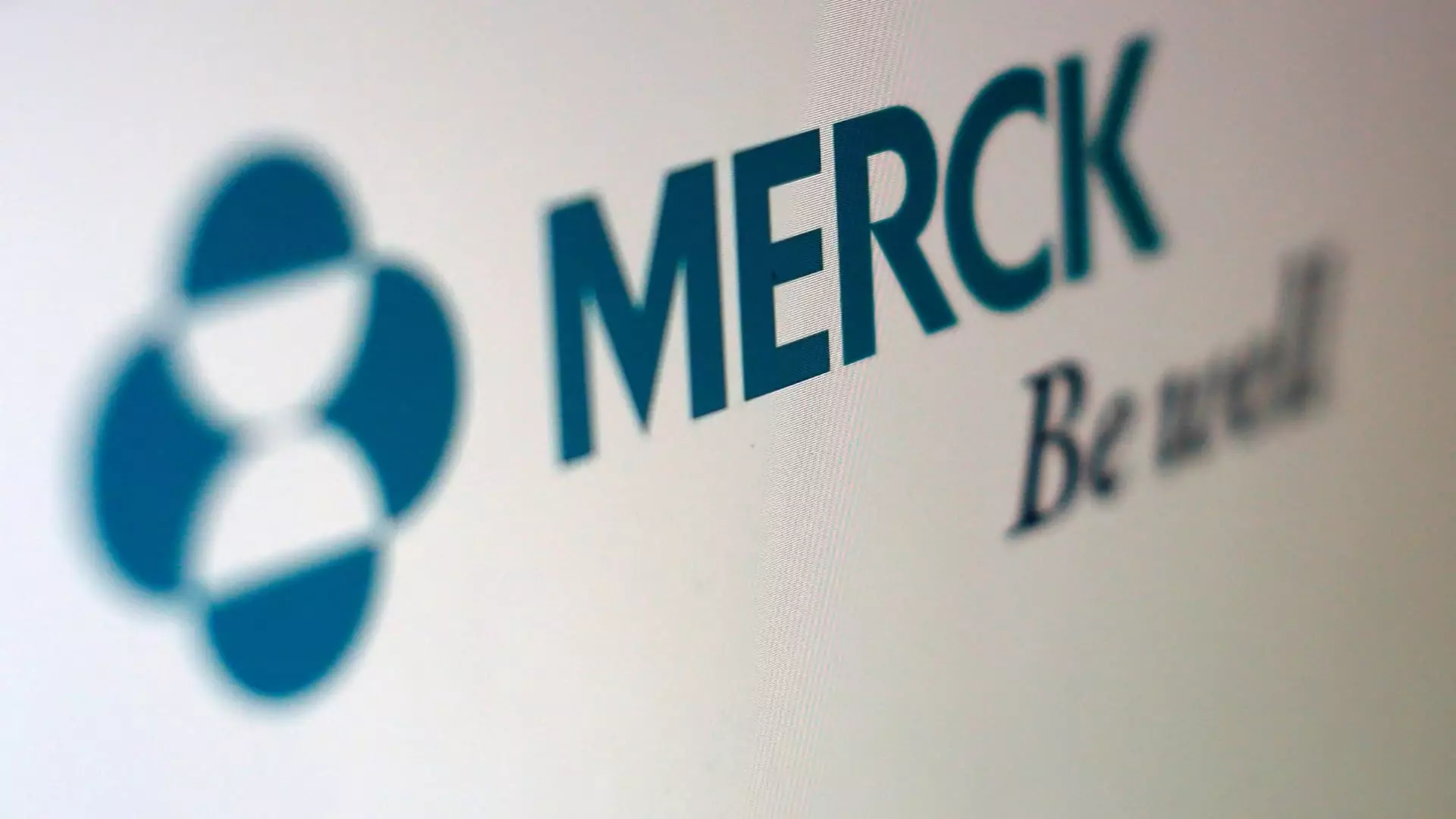The recent approval of Merck’s vaccine Enflonsia by the Food and Drug Administration (FDA) marks a significant milestone in pediatric healthcare. Respiratory Syncytial Virus (RSV) is notorious for posing serious risks to infants, especially during their vulnerable first year. The reality is sobering: RSV-related complications lead to thousands of hospitalizations and a shocking number of fatalities, particularly among the very young and elderly. While existing treatments like Sanofi’s and AstraZeneca’s Beyfortus have helped, the introduction of Enflonsia isn’t just a market addition; it’s a potential lifesaver. The opportunity to provide better and more accessible healthcare solutions is a hallmark of what this new vaccine represents for society.
Competition Breeds Innovation, Not Shortages
The launch of Enflonsia signifies healthy competition in the pharmaceutical sector. With a growing demand for effective RSV treatments, the market has foolishly struggled with supply issues in the past, evidenced by Beyfortus’s nationwide shortages during the last RSV season. Merck’s vaccine is expected to be available right before the prime RSV season begins in fall, diversifying available options for healthcare providers and patients alike. There’s something inherently beneficial about more players in the market. Merck’s entry forces all manufacturers, including Sanofi and AstraZeneca, to step up their game in terms of both quality and production capacity. In an era where healthcare is increasingly commercialized, the emergence of a strong competitor might ultimately be what we need to alleviate the burden on families and healthcare systems.
The Convenience Factor
One of the game-changing features of Enflonsia is its dosing flexibility; it can be administered to infants regardless of their weight. This is significant because many existing vaccines, including Beyfortus, dictate dosages based on body weight, creating confusion for healthcare providers. The consistency of administering Enflonsia could mean less room for error, allowing healthcare providers broader latitude in ensuring infants receive timely protection. When it comes to children’s health, removing barriers and making the administration process smoother is critical, and this feature of Enflonsia might just elevate it above its competitors.
Reassurance amidst Safety Scrutiny
The FDA’s recent pause on testing RSV shots in young children emphasizes the vital role that safety plays in vaccine administration. In this context, the robust trial data for Enflonsia is highly reassuring. With studies showing a staggering 84% reduction in RSV-related hospitalizations and a 90% decrease in lower respiratory infections, the vaccine demonstrates not just efficacy but the potential to save lives. The safety concerns that have temporarily halted other research are legitimate; however, they should not overshadow the strides being made in treatments that have already proven effective through rigorous testing.
Looking Ahead in Vaccination Strategies
The FDA’s review and ongoing discussions surrounding RSV vaccines underscore the complexity of immunization strategies for infants. Despite existing vaccines that target adults or pregnant women, a significant gap lies in how we protect the most vulnerable demographic—newborns. As discussions about RSV vaccines evolve in governmental and health advisory circles, Merck must navigate its launch strategically, positioning Enflonsia not just as another treatment but as a necessary shield in the vulnerable first months of life. The upcoming meetings scheduled between the Centers for Disease Control and Prevention (CDC) and outside vaccine advisors could influence regulatory landscapes significantly. The importance of staying ahead in this vaccine race cannot be overstressed, especially as consumers become increasingly vigilant about what’s in their children’s healthcare regimen.
In an era marked by progress and innovation, Merck’s introduction of Enflonsia should be viewed as more than a business venture; it represents a proactive response to a public health crisis. As healthcare evolves, our collective understanding of infant vulnerabilities will drive the demand for safer, more effective options. As Merck leads this charge, we can only hope that this spirit of innovation translates into a strengthened foundation for managing RSV and ensuring the health of future generations.

